Description
MORAL ACTION
21st CENTURY TRAJECTORIES
FELIX M. PODIMATTAM, O.F.M.CAP.
The basic human act is influenced by the freedom that is given to mankind. The orientation of the action can be for or against others or God. Moral disposition changes sometimes by the actions done by an individual where the exercise of transcendental freedom will determine the channel of action. Division in the self as being selfless or selfish becomes very clear by the freedom of choice of an individual. Moral motivation of a person needs not to be as understood by the fundamental option from the theological or traditional point of view. Nature of ordinary human action is very much relative because of the circumstantial effect on it. Three front traditional principals explained in the book elucidate the morality of every human act. The basic human act has to be understood and executed in response to the call of God from within.
DrFelix Podimattam is one of the best-known moral theologians in India and outside. Besides his full time job as a professor, he finds time to write books at an amazing rate. He has authored 88 books. Besides his Master’s degree in Political Science from the University of Mysore, he holds a Licentiate in Theology from the Pontifical Gregorian University, Rome, and subsequently a Doctorate in Moral Theology from the Alphosian Academy, Rome, His post-doctoral studies were pursued in Washington, DC, U.S.A. At Present he is professor of moral theology at St. Francis Theological College, Kottayam, Kerala.
CONTENTS
INTRODUCTION
PART I.
THE CENTRAL HUMAN ACT: FUNDAMENTAL OPTION
CHAPTER ONE.
NATURE OF FUNDAMENTAL OPTION
15
7
1. Fundamental Option in Positive Theology
1.1. Fundamental Option in Scripture
1.2. Fundamental Option in Tradition
1.3. Fundamental Option
in the Hierarchical Magisterium
1.4. Fundamental
Option in Contemporary Theology
2. Fundamental Option in Systematic Reflection
2.1. Categorical
Freedom and Transcendental Freedom
2.2. Definition of Fundamental Option
CHAPTER TWO.
CONSTITUENT
ELEMENTS OF FUNDAMENTAL OPTION
1. Grave Matter
2. Full Knowledge
6 I Moral Action: 2V Century Trajectories
3. Deliberate Consent
3.1. Notion of Deliberate Consent
3.2. Attempts to Banish Freedom
3.3. In Defence of Freedom
3.4. Nature of Freedom
3.4.1. What Freedom is Not
3.4.2. What Freedom is
3.4.2.1. Freedom as Ability
to Go beyond Necessity
3.4.2.2. Freedom
as Will to Be and to Act
3.4.2.3. Freedom as
Inability to Choose Evil
3.4.2.4. Freedom
as Decision to be Moral
3.4.2.5. Freedom
as Commitment to Love
3.5.Pastoral Reflections
CHAPTER THREE.
FACTORS IMPAIRING HUMAN ACT
1. Factors Impairing Knowledge
1.1. Ignorance
1.2. Error
1.3. Inattention
2. Factors Impairing Free Consent
2.1. Violence
2.2. Fear
2.3. Habits
2.4. Passion
2.4.1. In Defence of Passion
2.4.2.The Ruling Passion
2.4.3. Moral Considerations
2.5. Unconscious Motivation
2.6. Mass Suggestion
2.7. The Demonic in Human Existence
PART II
THE ORDINARY HUMAN ACT: THE HUMAN
ACT AS UNDERSTOOD TRADITIONALLY
CHAPTER FOUR.
NATURE OF THE ORDINARY HUMAN ACT
1. Notion of the Ordinary Human Act
2. Ordinary Human Act and Human Action
2.1. Notion of Human Act and Human Action
2.2. Moral Significance of Human Action
2.2.1. Relative
Insignificance of the External Act
2.2.2. Relative
Significance of the External Act
3. Ordinary Human Act and Moral Act
4. Pastoral Reflections
CHAPTER FIVE.
PASTORAL IMPLICATIONS
1. Reassessment of the
Traditional “Three-Font” Principle
1.1. Description of the “Three-Font”Principle
1.2. Critique of the “Three-Font” Principle
1.2.1. Various Action-Components
are not “Moral” in Themselves
1.2.2. What is Moral Evil?
1.2.3.Concept of Objective
Morality is Historically Conditioned
1.2.4.The “Three-Font” Principle is Platonic
1.2.5.The Drive to Totality
1.2.6.Opinion of Theologians
1.3. Pastoral Considerations
1.3.1.Some Practical Reflections on Motive
1.3.2. Does the End Justify the Means?
8 I Mornl Action: 2V Century Trajectories
Imputability of Indirectly-Willed Acts
2.1. Imputability of
Ind irectly-Willed Effects of Acts in General
2.2. The Principle of Double Effect
2.3. Weaknesses of the Principle of Double Effect
A Personal View
CONCLUSION END NOTE BIBLIOGRAPHY INDEX
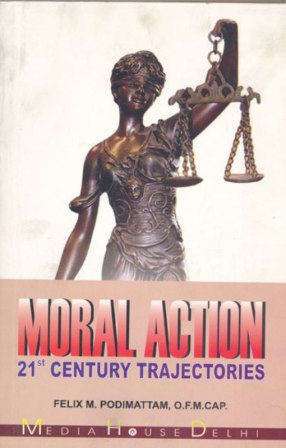
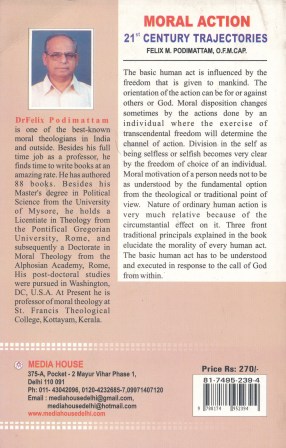
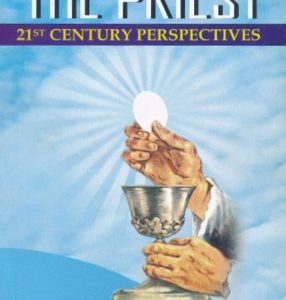
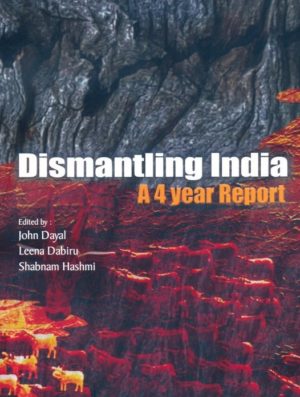
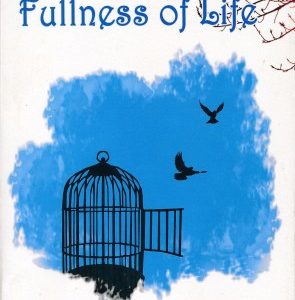
Reviews
There are no reviews yet.